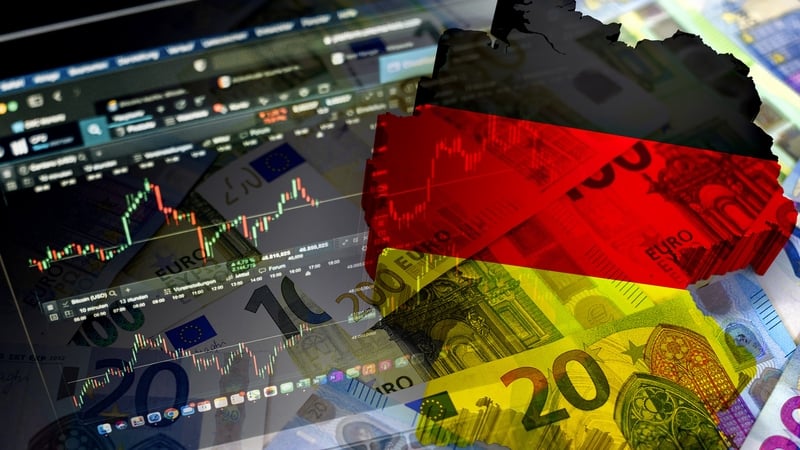German investor sentiment in April recorded its biggest fall since Russia’s full-scale invasion of Ukraine, a survey showed today, as US President Donald Trump’s huge tariffs threatened to snuff out a recovery.
Market expectations for Europe’s biggest economy over the next six months fell 65.6 points to sit at -14, the largest drop since the outbreak of war in Ukraine in 2022, according to a survey by the ZEW institute.
Achim Wambach, head of the ZEW institute, said the fall reflected “erratic” US trade policy as well as fears of retaliation.
The confusion spread by Trump’s on-and-off tariffs had “led to a massive increase in global uncertainty,” he said. “This is reflected in expectations for Germany.”
The fall marked a reverse for investor sentiment in Germany, which posted big rises in February and March.
Money managers had been cheered by the prospect of a new government and then by huge spending plans prepared by Germany’s chancellor-in-waiting, Friedrich Merz.
Trump sent markets sliding worldwide from April 2, however, after announcing sweeping global tariffs, including 20% on exports from the European Union.
Many were paused for 90 days on April 9 pending negotiations, but a 10% global minimum tariff was still in effect as was a rate of 145% on most Chinese exports to the US.
The US was Germany’s top trading partner last year and a major market for its exports, ranging from cars to machinery and chemicals.
With respect to the current situation in Germany, investor sentiment remained negative but was up slightly on March’s reading to reach -81.2 points, an increase of 6.4 points.
Germany’s economy has shrunk for the past two years, hit by lukewarm demand for its exports in the face of patchy global growth and increasingly fierce Chinese competition, as well as high energy prices.
More than 150 analysts and institutional investors took part in the ZEW survey.




